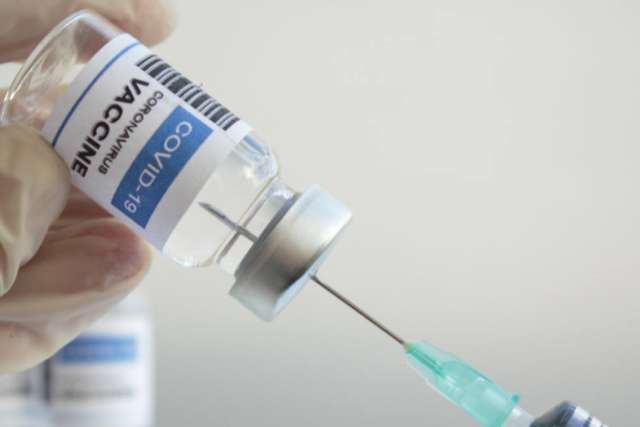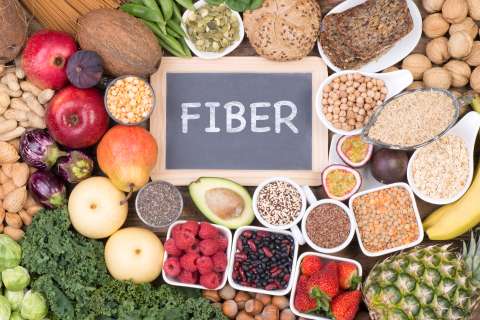Note: On June 17, the U.S. Food and Drug Administration authorizes the use of Moderna and Pfizer COVID-19 vaccines for children as young as 6 months. Moderna’s emergency use authorization now covers children age 6 months to 17 years; Pfizer’s was expanded to include children age 6 months to 4 years, having already been available for children 5 and older. The Centers for Disease Control and Prevention is expected to make its decision on the vaccines June 18. If approved, the shots could be available beginning next week.
While Americans 50 and older may have received four doses of vaccine to protect against COVID-19, the nation’s youngest children still haven’t gotten a single dose. The U.S. Food and Drug Administration has yet to authorize COVID-19 vaccines for children younger than 5.
Drugmaker Moderna, on May 9, applied for emergency use authorization for its COVID-19 vaccine for adolescents age 12 to 17, children age 6 to 11 and children 6 months to 6 years.
Pfizer’s two-dose COVID-19 vaccine is authorized for children as young as 5. The company said in February that clinical trials of a three-dose COVID-19 vaccine for children ages 6 months to 4 years is ongoing.
The FDA says it plans to convene its panel of advisers to review the data on COVID-19 vaccines for the youngest Americans on June 8 at the earliest, according to Andrea Garcia, director of science, medicine and public health for the American Medical Association.
Meanwhile, some young people are eligible for booster doses, while others aren’t.
“It’s always changing and very confusing,” says Annabelle De St. Maurice, MD, MPH, a pediatrician and co-chief infection prevention officer for UCLA Health. “The CDC does have some resources for how to follow the vaccine schedule for children. And UCLA Health will provide up-to-date recommendations and guidance when the vaccines become available (for the youngest children).”
Here, Dr. De St. Maurice answers some of the most common questions parents have about COVID-19 vaccines for kids.
Why are vaccines for the youngest Americans taking so long?
There are two vaccines currently awaiting emergency use authorization. One is the Moderna vaccine, which is currently a two-dose regimen, but that could change based on FDA review. The Pfizer vaccine is approved as a 2 dose regimen for ages 5 and up, however the FDA had asked Pfizer to evaluate a third dose of the vaccine in children 6 months to 4 years old as part of the primary series. So that's why that vaccine has not yet been authorized for use.

Moderna’s vaccine has yet to be approved for people younger than 17, but children as young as 5 can get the Pfizer vaccine, right?
Every child age 5 to 18 should get vaccinated with a COVID-19 vaccine. If parents have questions or concerns about getting their child vaccinated, they should talk to their primary care physician. The American Academy of Pediatrics strongly recommends that all children and adolescents age 5 to 18 are vaccinated against COVID-19.
Do young people receive the same two-dose Pfizer vaccine as adults do, followed by a booster dose?
If you're 5 to 11, your primary series is two doses that are one-third the dose of the adult vaccine. A booster dose is not recommended for this age group. If you're immunocompromised and age 5 to 11, you can get a third dose, which is part of your primary series. If you're 12 to 17, then you can get a booster dose at least five months after dose two. It’s kind of confusing. The CDC has created a schedule for parents and health care providers.
What’s the best way to keep young kids safe from COVID-19?
Everyone with children under the age of 5, including myself, really want these vaccines to be authorized so that children under 5 can have the same immune protection that children over 5 have. In the meantime, I think the best way to protect them is to make sure that everyone around them is immunized and boosted if they're eligible to get boosted.
Try to have as many activities outdoors as possible, because we know that reduces the risk of transmission. So instead of having a playdate inside, have the playdate outdoors. Also, if your child is over the age of 2, they can wear a mask when they're indoors in a public setting. Talk to family members and friends about how your child hasn't yet had the opportunity to be immunized, so that they take extra precautions. If somebody's not feeling well or had a recent exposure to somebody with COVID, they probably shouldn't come over.
Get the latest information on COVID-19 vaccines.



